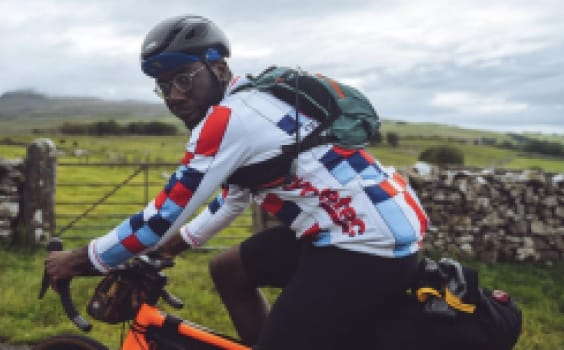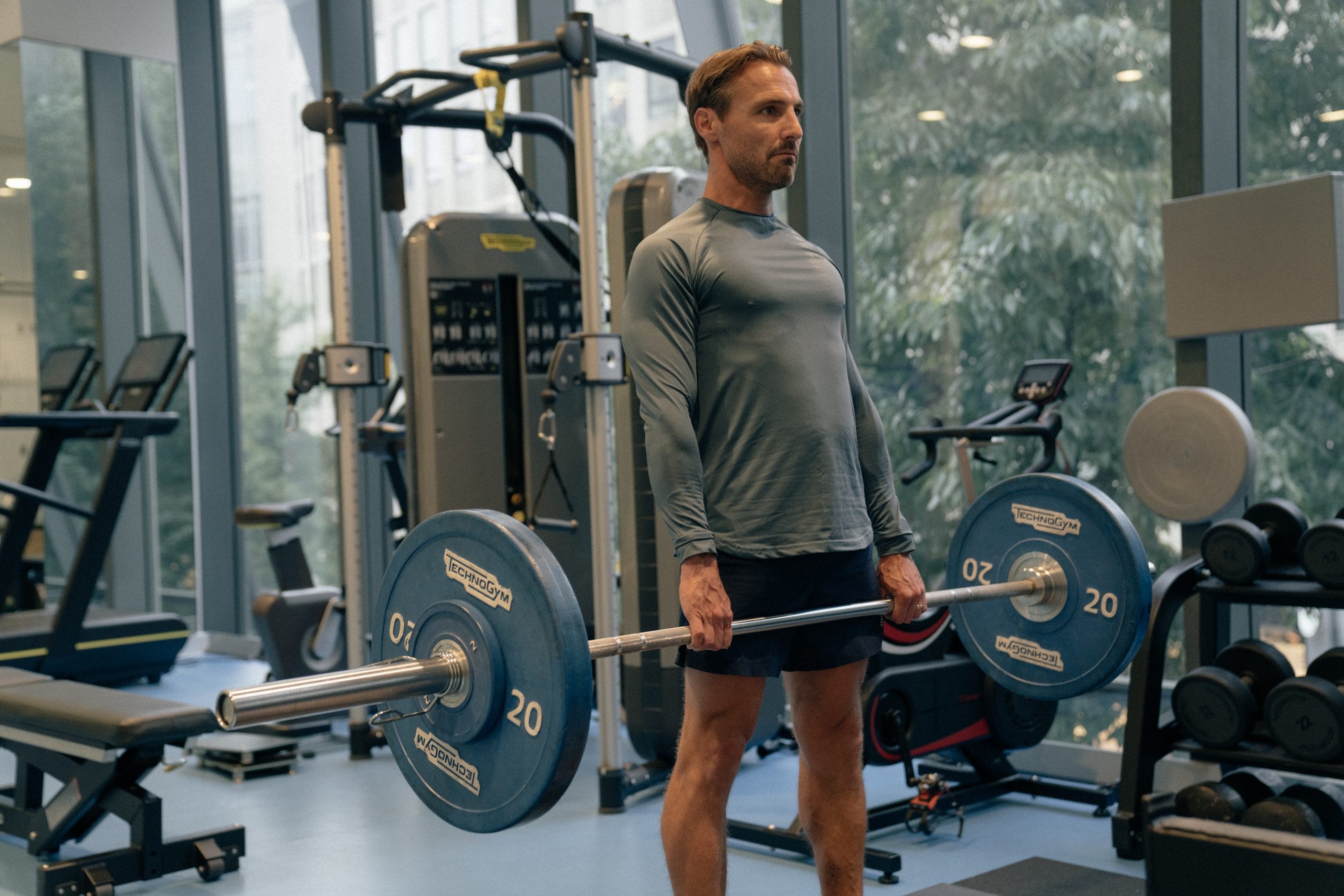Top Tips You Should Read Before Signing up to Ironman

Andy Page
Clinic Manager & Strength and Conditioning Coach
- 21 September, 2018
- Exercise
- 4 min read
Are you thinking about signing up to your first Ironman, but not sure where to start? We’ve got your covered. Read the most common questions that our Triathlon experienced clinicians get asked every week in clinic, and get their expert advice to help you get started!
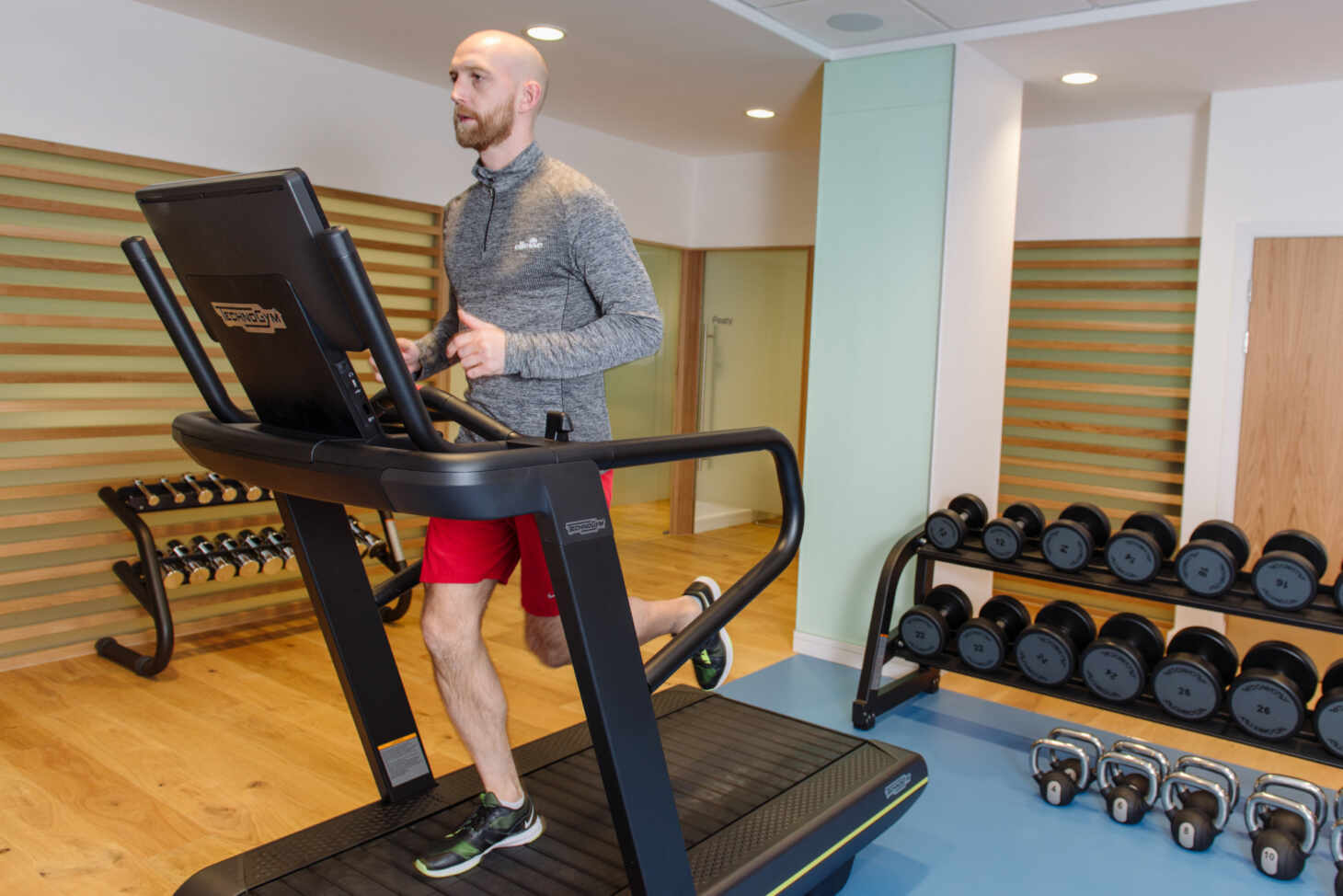
1. What is the first thing I should do before taking on a Triathlon or Ironman event?
Find out more about your own body.
Preparing for an event like this could take 6 months or more of training, the last thing you want to do is be 1 month until race day and have your training grind to halt due to an injury or illness.
Speak to a Physiotherapist or Strength & Conditioning Coach to assess your injury history and current physical state. This should be your first consideration.
Even if you’ve run or swum for years, these events will test your whole body, so being proactive to avoid injury is essential.
2. Which Triathlon/Ironman event should I try first?
Not all events are created equal! Research your event carefully and check the distances match what you can do.
Some triathlons are essentially half-ironman events, but not named as such, so always check.
Going somewhere sunny may sound attractive – but spending the whole day above 30 degrees when you’ve only trained in the UK (in significantly cooler conditions) could seriously affect your ability to perform.
A shorter, ‘sprint’ triathlon, based in a location you are comfortable and more familiar with, is best to start with if you’ve never competed before.

3. How often should I be training?
I always look at these events in terms of efficiency; just doing more is rarely a great way to train.
Maximise your training by structuring your week around your work and life commitments rather than trying to fit in more training than you can handle.
In the beginning, you should be looking at two runs per week, two cycles per week and two swims per week. Split these into a longer session – possibly on the weekend if your schedule allows it – and a shorter, more intense session.
Adding extra training sessions that aren’t hard enough to tire you out in an hour, are considerably slower than your race pace, or don’t work on a specific technique, like the transition, for example, won’t make you any fitter and will unfortunately increase your risk of injury.
4. What should my nutrition plan look like?
When you start training, you should be attempting to have as much quality protein and carbohydrates as possible.
When you increase the demands on your body, you are at most risk of illness or injury, and without adequate carbohydrates for energy or protein to regenerate muscle damage, you put yourself at far greater risk.
Psychologically, restricting calories at this point can have a large impact on your mood and motivation, so unless you are practised in training hard on a lean diet, it’s best avoided in the beginning.
Day-to-day, I would front-load my meals on light training days – eating a large energy fuelled breakfast and always thinking one day ahead of a big training day, so ensuring I am hydrated and eat a high carb meal the night before.
For specific guidance, I recommend employing the help of a Nutritionist.
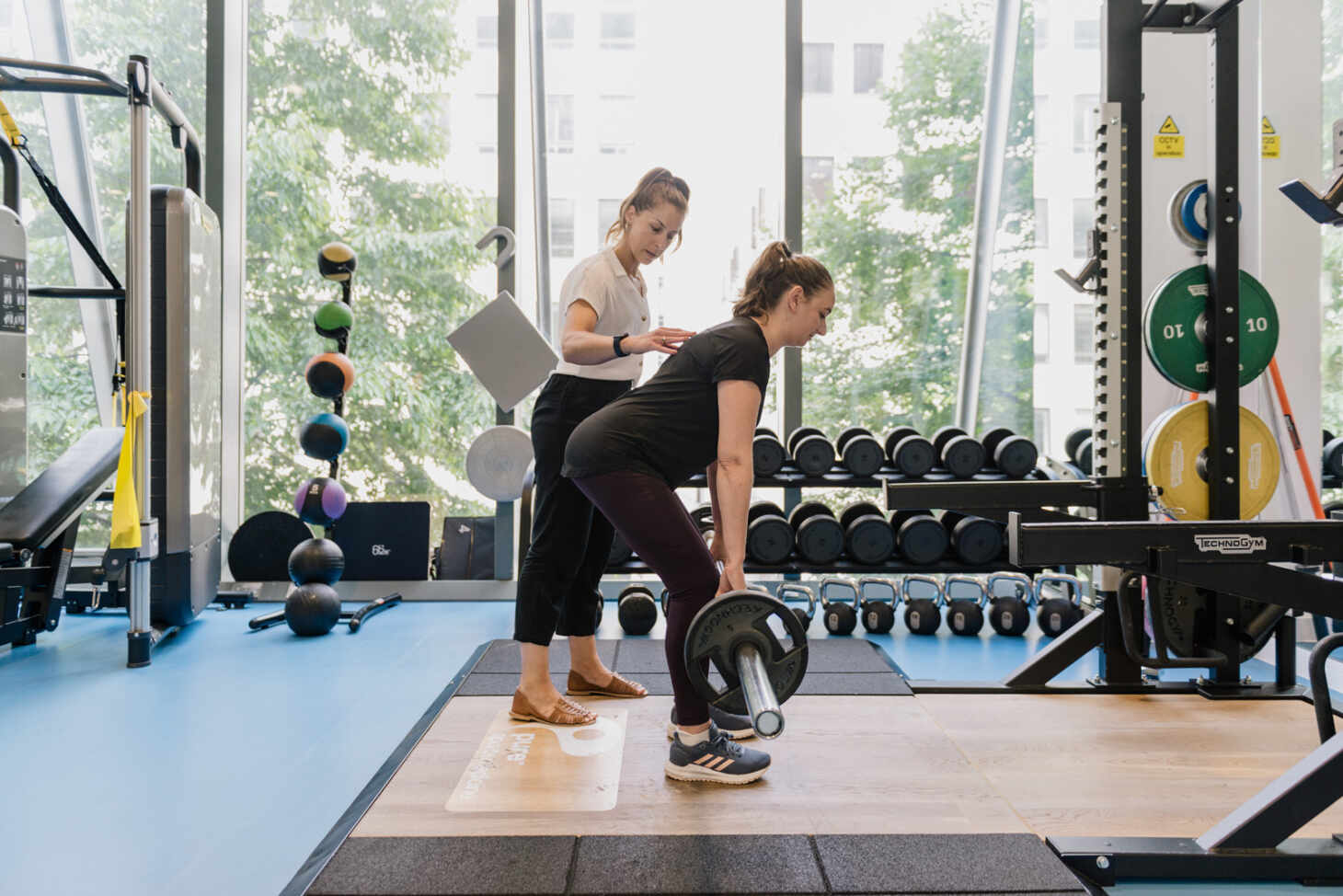
5. What should I include in my gym/workout programme?
This is definitely where you want to be doing specific movements and conditioning your body to be able to perform these three disciplines well. So a random or unstructured plan simply won’t cut it for Triathlon training.
Movement efficiency and strength in the right areas will allow you to use less energy to do the same movements, and keeping you running, swimming and cycling for longer.
This is where you want to see a Physiotherapist or, more specifically, a Strength and Conditioning coach who can create a sport-specific, individualised training plan that will include simple but effective exercises to boost your performance considerably.
They can also then tweak and change your plan as you build strength, resilience and increase your physical ability so you’re always getting the most out of your workouts.
In terms of time efficiency, one or two gym sessions per week, even at home exercises, can have the greatest impact on your time and risk of injury of any intervention.
It is also worth adding Soft Tissue Therapy to your training to avoid injury and aid recovery. Read more about the benefits of Soft Tissue Therapy for Ironman training here.
6. Can I sign up to a Triathlon even if I am a weak swimmer?
Of course, but just the same as the running and cycling, you need to prepare. Work on your ability with swimming practice, and build strength through your gym and work out plan.
Many of us learned to swim at a young age, but have let our technique rust over the years, and the thought of swimming in open water is daunting.
Simple technique lessons can iron out flaws in your stroke and make the swim section a far easier challenge. Given that it is so technique driven, improving your stroke can dramatically affect your energy levels getting out of the water.
Also, if your event is in open water, such as a lake or the sea, make sure you prepare accordingly, as not being able to see in the water and having waves is very different from swimming in a pool!
For more information on swimming, read our blog Medical and Injury Considerations for Swimming.
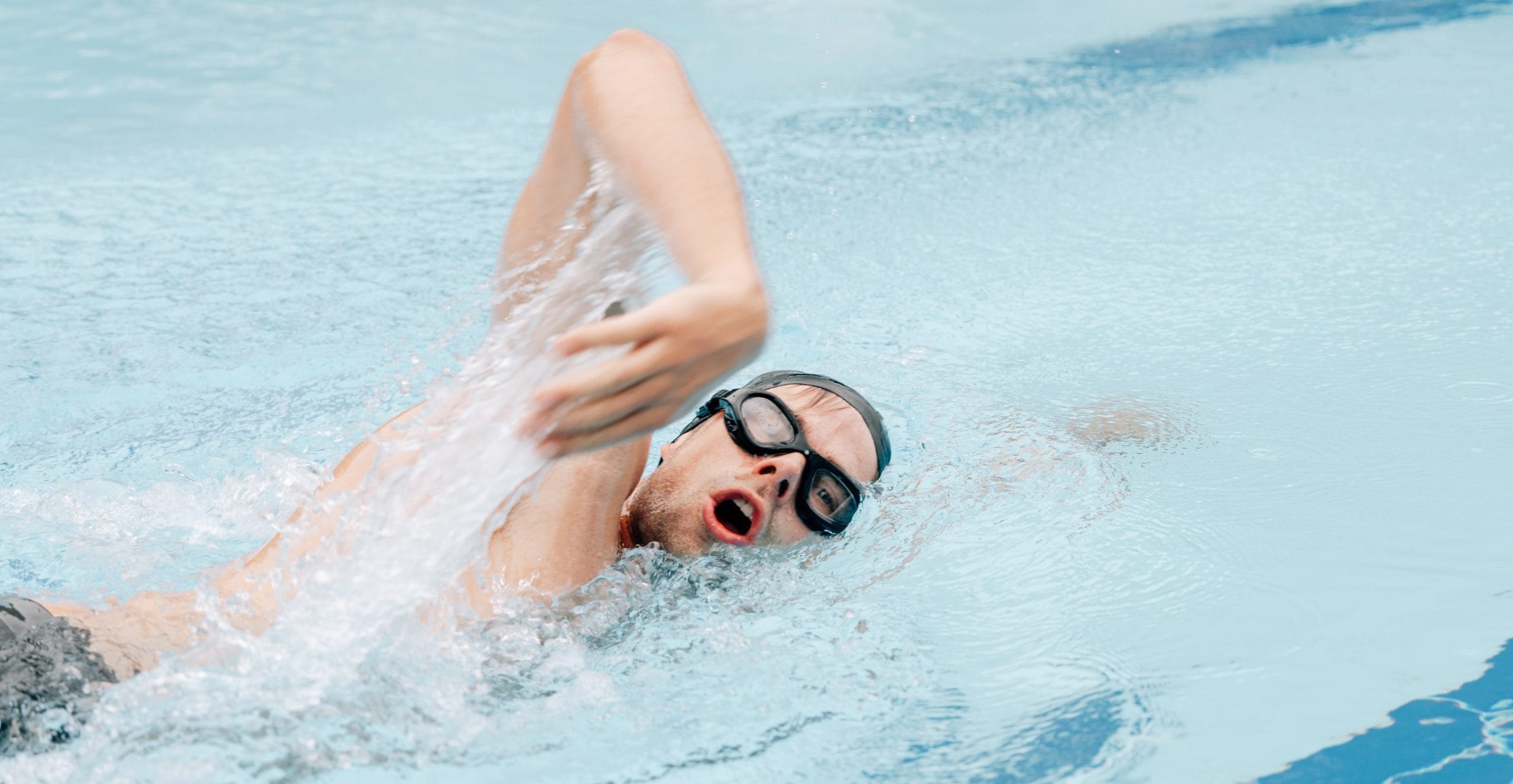
If you’re ready to enter your first Ironman or Triathlon event, why not give yourself the best chance by preparing like the pros?
Seeking the help of a full, specialist team, including a Physiotherapist, Strength & Conditioning Coach, Soft Tissue Therapist and Nutritionist, will make sure that you have covered all your bases and be ready to perform at your very best come race day, pain and injury free.

Advice
Over the last 20+ years our experts have helped more than 100,000 patients, but we don’t stop there. We also like to share our knowledge and insight to help people lead healthier lives, and here you will find our extensive library of advice on a variety of topics to help you do the same.
OUR ADVICE HUBS See all Advice Hubs
